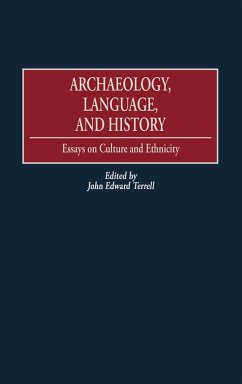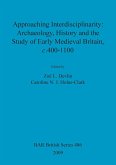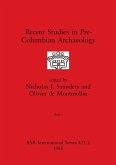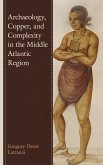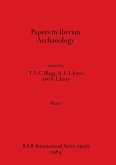Ever since Darwin, the world has been struggling with the mystery of human diversity. As the historian Peter Bowler has written, an evolutionary interpretation of the history of life on the earth must inevitably extend itself to include the origins of the human race. But this has proved to be a difficult and controversial task. Understanding human origins means accounting not only for the obvious differences between people and cultures around the world, but also for the unity of Homo sapiens as a single biological species. As Stephen Jay Gould has said, flexibility is the hallmark of human evolution. Because so much of who we are is learned rather than genetically predetermined, a satisfactory understanding of human evolution--to use old parlance--must account both for the human body and the human soul. At any single moment of time, it is always possible to find instances where people seem to live in their own world, speak in their own distinctive ways, and have their own exclusive cultural traits and practices. Over the course of time, however, it is not so easy to find places where these dimensions of our diversity stay together. The essays in this collection show why we must stop thinking that race, language, and culture go together, and why we should be wary of the commonsense beliefs that human races exist and that people who speak different languages come from fundamentally different biological lineages.
Hinweis: Dieser Artikel kann nur an eine deutsche Lieferadresse ausgeliefert werden.
Hinweis: Dieser Artikel kann nur an eine deutsche Lieferadresse ausgeliefert werden.

